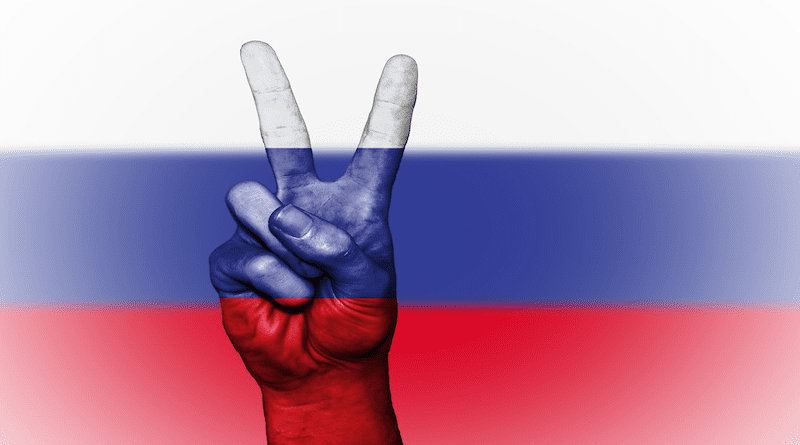A Liberal Russian Empire Is A Contradiction In Terms – OpEd
By Paul Goble
Anatoly Chubais introduced the concept of “a liberal empire” in the Russian political lexicon in 2003, and it has since spread to many commentators who see it as an entirely reasonable model for Russian development. But a liberal empire is a contradiction in terms, Vadim Shtepa says. Russia will either be liberal or an empire but it cannot be both.
As outlined by Chubais (rbc.ru/politics/25/09/2003/5703b59a9a7947783a5a4b6c), a liberal Russian empire would be formed over the next three to five decades and consist of a common economic space including Russia, Ukraine, Belarus and Kazakhstan with Moscow retaining its status as “the imperial metropolis.”
But in the intervening period, the imperial component of this term has “completely defeated the liberal one,” the Russian regionalist says, with Chubais being pushed first out of the government and more recently out of the government, and those who want an empire that would be anything but liberal triumphing (graniru.org/opinion/m.285825.html).
But the supporters of the idea of a liberal Russian empire remain widespread in the anti-Putin Russian emigration, who admittedly have reduced the concept to the Russian Federation rather than to the former Soviet space as a whole. But they have kept the idea that Moscow must be the center and in control of what they define as the entire Russian space.
One of their number, Dmitry Nekrasov, a former Medvedev-era official now in emigration, has provided perhaps the clearest restatement of the liberal Russian empire idea n a revelatory Facebook post, Shtepa continues (facebook.com/dmitry.al.nekrasov/posts/pfbid0GVEzwDwU8s8gC77HEnVtEWyjpFfC8vsAPxjYTGNCEjfQD9K2ugmL1RQbU1doABYRl).
According to Nekrasnov, the editor of the Tallinn-based Region.Expert portal writes, “in most regions nothing useful is produced and never will be. Moreover, the blame for this lies not with the center but with the backwardness of these regions and their uselessness to the world economy. They are doomed to degradation and handouts.
“Only ‘we’ Moscow officials can manage this wild space,” Shtepa summarized Nekrasov’s words, “can manage this wild space; otherwise, it will fall into complete desolation,” a view that is completely indistinguishable from that of the Kremlin. Despite that, Nekrasov like others in his camp think that their coming to power “will change something.”
To be sure, Nekrasov is not talking about adding to the number of provinces the way Putin and company are, but his adoption of the same vocabulary about current Russian “provinces” means that if he and his ideological supporters do come to power, there will be little to prevent someone from eventually reviving Putin-style aggression toward Russia’s neighbors.

